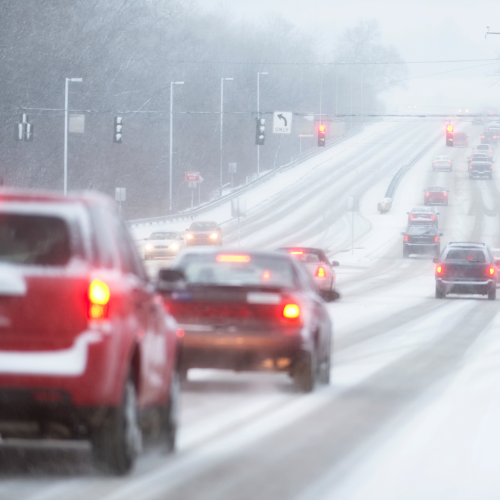
How to Prioritize Safety While Traveling for the Holidays
During the holiday season, you and your family may join thousands of Americans as they travel over the river, through the woods and otherwise on their way to visit relatives or enjoy vacations. However, while holiday travel can be exciting and rejuvenating, it may also include various risks traveling in winter weather.
While you’re away from home, minor incidents, such as common illnesses and miscommunications, may quickly become significant issues and adversely impact your plans and financial commitments.
To give yourself the best chance of enjoying hassle-free holiday travel, consider the following tips:
- Research backup plans. If your travel plans are derailed, having alternative routes, flights or accommodations already in mind can help you quickly get your plans back on track.
- Monitor weather conditions. Regardless of how you plan to travel, severe weather can force you to adjust your plans and timelines.
- Pack appropriately. Consider your specific travel itinerary and ensure you have appropriate supplies, such as an emergency roadside kit if you travel by car.
- Secure your home. Protect your unoccupied home and reduce the chance of burglaries by having a trusted party pick up your mail and clear ice and snow. Avoid drawing attention to your absence, such as by not posting about your trip on social media while away.
- Consider travel insurance. For certain trips, travel insurance may be an advisable investment, as these policies can reimburse you for losses arising from cancellations, delays, illnesses and luggage-related issues.
Preparing Your Car for Winter Weather
Winter weather can present significant threats for you and your car. Ice, snow, sleet and cold temperatures can endanger your vehicle and passengers. As a responsible motorist, you should prioritize the following steps to maintain your vehicle and stay safe on the road this winter:
- Test your car’s battery strength and replace if necessary.
- Ensure your heating and cooling systems and defrosters are working.
- Check your vehicle’s oil, antifreeze and windshield wiper fluid.
- Keep a snow shovel, ice scraper and spare tire in your car at all times.
- Check your tire pressure often, as cold temperatures can cause them to deflate more quickly, potentially leading to reduced traction on slippery roads.
- Pack an emergency roadside kit, including nonperishable food, drinking water, blankets, road flares, jumper cables, road salt, flashlights and extra batteries.
Contact us to see how you could minimize risk:

IRS Releases Employee Benefit Plan Limits for 2025
Employee benefits often come with annual dollar limits that are adjusted for inflation each year,

Wrapping Up 2024: Our Top Blog Posts of the Year
As 2024 ends, we’re highlighting the year’s top blog posts on renewal strategies, construction risks,

More States Preparing for Pay Transparency Rules in 2025
States have been adding pay transparency requirements since 2021. Most recently, Maryland’s Wage Range Transparency Act took
